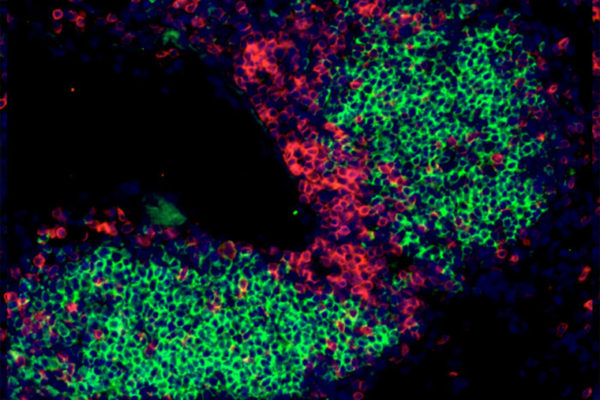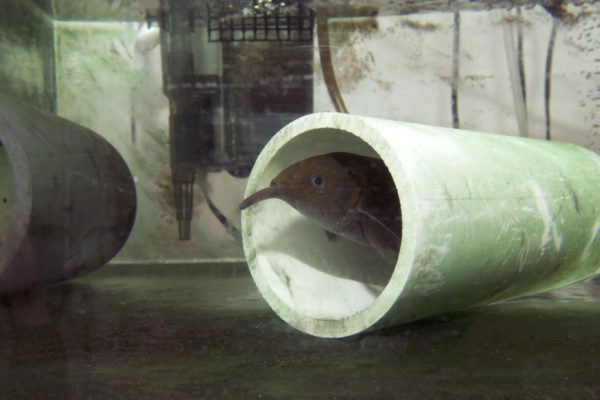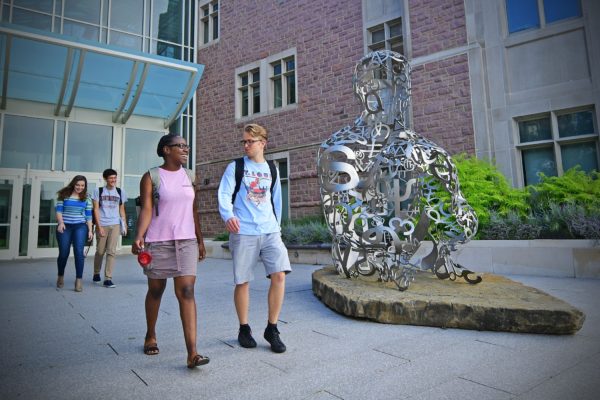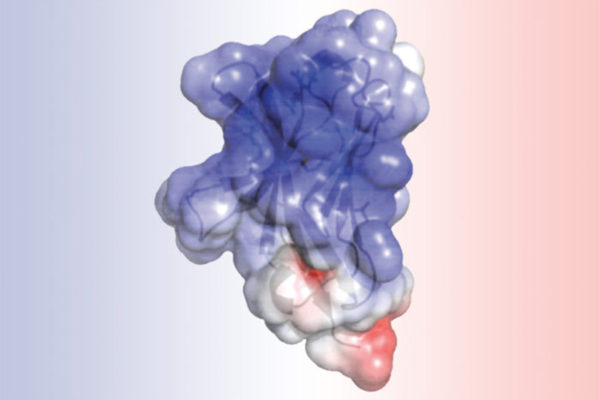Purnell named ‘Person of the Year’ by St. Louis American
Jason Q. Purnell, assistant professor in the Brown School at Washington University in St. Louis and project director of For the Sake of All, the groundbreaking initiative on the health and well-being of African-Americans in St. Louis, was named 2016 Person of the Year by The St. Louis American.
Many smokers with serious mental illness want to kick habit
Many with psychiatric problems want to quit smoking, but psychiatrists and caseworkers typically don’t prescribe medications to help them or refer them to services aimed at smoking cessation, researchers at the School of Medicine and BJC Behavioral Health in St. Louis have found.
Low levels of manganese in welding fumes linked to neurological problems
Welders exposed to airborne manganese at estimated levels below federal occupational safety standards exhibit neurological problems similar to Parkinson’s disease, according to School of Medicine research. The more they are exposed to manganese-containing welding fumes, the faster the workers’ signs and symptoms worsen. The findings, published Dec. 28, suggest current safety standards may not adequately protect welders.
Study: Surge pricing isn’t as painful as you may think
New research from Washington University in St. Louis’s Olin Business School shows price hikes in ride-sharing services such as Uber and Lyft during peak use times, such as New Year’s Eve, can actually benefit both drivers and consumers.
Study helps explain why tuberculosis vaccines are ineffective
A new study by the School of Medicine, published Dec. 22 in Nature Communications, helps explain why development of a better vaccine for tuberculosis has been stymied.
The cost of braininess
Do big-brained creatures steal energy for them from other organs or eat more to supply this expensive tissue? New work in large-brained fish suggests skimping elsewhere is not enough to meet the energy demands of an extreme brain.
University launches Olin Fleischer Scholars Program
Olin Business School at Washington University in St. Louis is launching the Olin Fleischer Scholars Program, a free one-week residential summer program for high school students who have limited financial resources or who will be the first in their families to attend college.
1 in 3 children investigated for abuse/neglect by 18
The first academic study to estimate the cumulative lifetime risk of a child mistreatment investigation, completed by researchers at the Brown School at Washington University in St. Louis, reveals that prior to their 18th birthday, 37 percent of U.S. children are the subject of an investigated child maltreatment report.
Study details molecular roots of Alzheimer’s
Scientists at the School of Medicine have detailed the structure of a molecule that has been implicated in Alzheimer’s disease. Knowing the shape of the molecule — and how that shape may be disrupted by certain genetic mutations — can help in understanding how Alzheimer’s and other neurodegenerative diseases develop and how to prevent and treat them.
Cleaning chromium from drinking water
An engineer at Washington University in St. Louis has found a new way to neutralize the dangerous chemical chromium-6 in drinking water, making it safer for human consumption.
View More Stories









